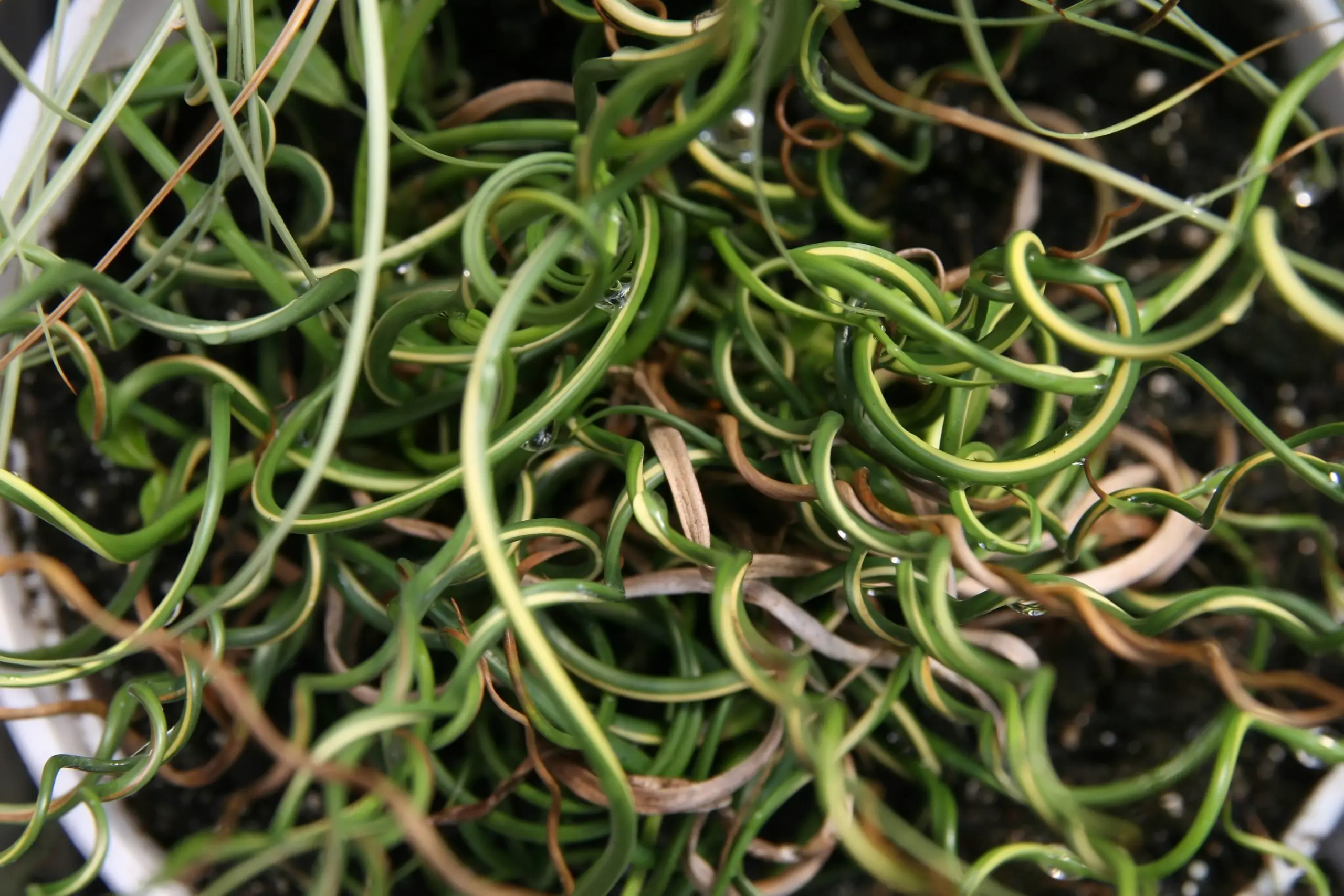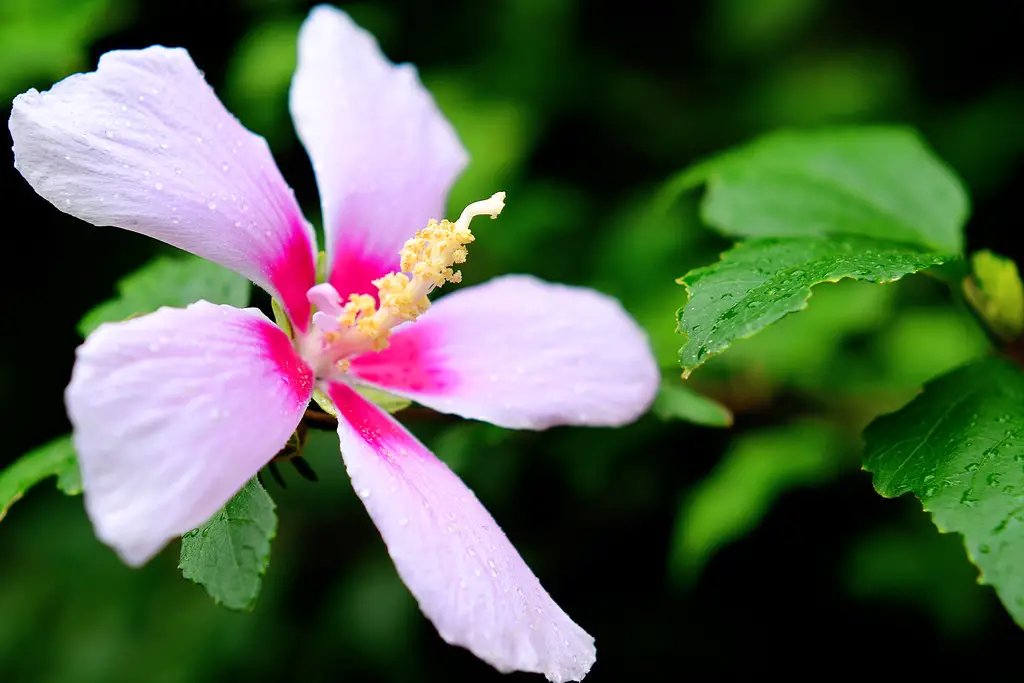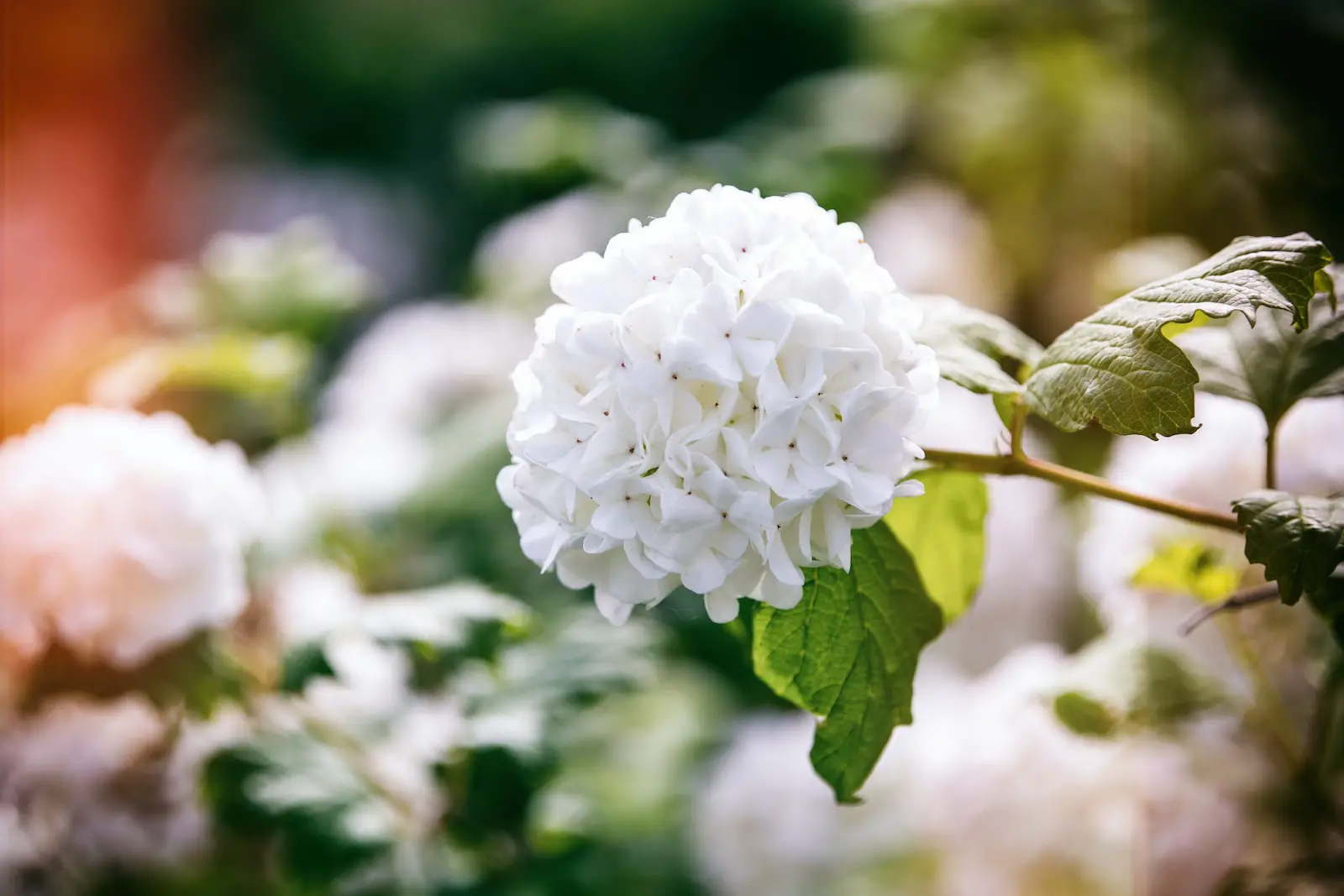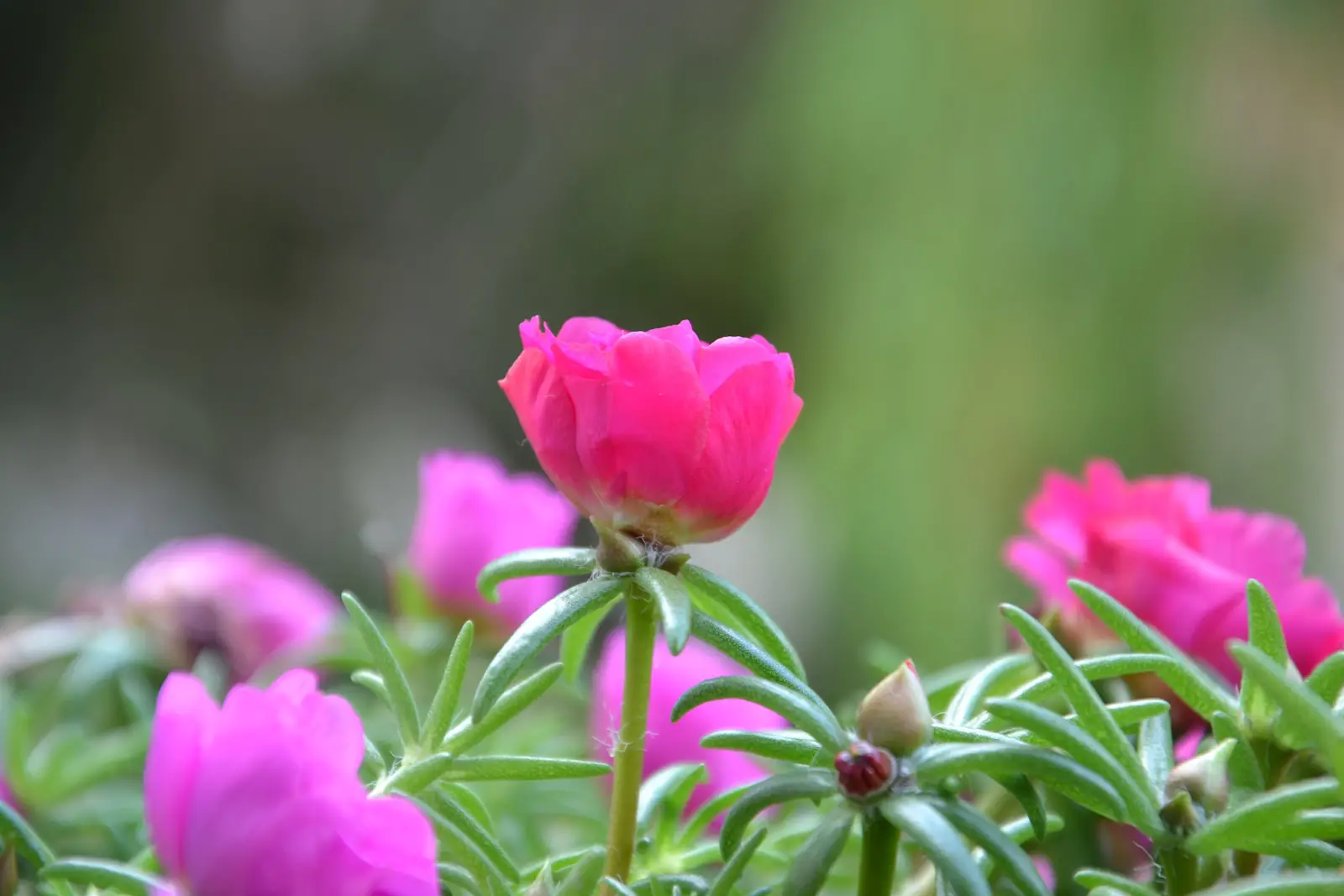Corkscrew Rush, scientifically known as Juncus effusus ‘Spiralis’, is a member of the rush family and stands out with its unique, twisted stems. These stems have a striking corkscrew appearance, leading to the plant’s name, and provide an exciting texture to the garden or home. Whether grown in a container or in the garden, Corkscrew Rush’s unusual growth habit never fails to attract attention.
Native to Japan, Corkscrew Rush is a moisture-loving plant often found in marshy or boggy areas. It’s commonly used in water gardens, near ponds, or even as an indoor plant. In the wild, you can find it thriving near wetlands where the soil stays damp.
The aesthetic appeal of Corkscrew Rush doesn’t end with its twisted stems. It produces small brown flowers during summer, but it’s primarily grown for its decorative foliage. The plant is relatively easy to care for, making it an intriguing option for garden enthusiasts of all levels.
| Common Names | Corkscrew Rush, Spiral Rush |
|---|---|
| Botanical Name | Juncus effusus ‘Spiralis’ |
| Family | Juncaceae |
| Plant Type | Perennial |
| Mature Size | 1-2 feet tall, 1-foot wide |
| Sun Exposure | Full sun to partial shade |
| Soil Type | Moist, Well-Drained |
| Hardiness Zones | 4-9 |
| Native Area | Japan |
Corkscrew Rush Care
Corkscrew Rush’s unique appearance may suggest it’s a high-maintenance plant, but it’s surprisingly simple to care for. Its main requirements are consistent moisture and protection from hot, direct sunlight, particularly in warmer climates.
When growing Corkscrew Rush, pay attention to the watering and the location where you plant it. This plant loves moist soil, and its twisted stems can dry out and lose their characteristic shape if the soil becomes too dry. A little bit of shade can help protect the plant during hot weather, while still allowing it to thrive.
Light Requirement for Corkscrew Rush
Corkscrew Rush grows well in full sun to partial shade. In hotter regions, a bit of afternoon shade can help the plant look its best and prevent drying of its unique corkscrew stems.
Soil Requirements for Corkscrew Rush
This plant loves moist soil and is often found near water in its native habitat. A well-drained soil that retains moisture is ideal. It’s even suitable for water gardens or planting near ponds.
Water Requirements for Corkscrew Rush
Corkscrew Rush requires consistent moisture. Regular watering is essential, and the soil should never dry out. Standing water or very boggy conditions are also acceptable, making it perfect for water features in gardens.
Temperature and Humidity
Corkscrew Rush is hardy in zones 4-9 and prefers a humid environment. It can tolerate colder temperatures but should be protected from harsh winter winds, which can dry and damage the plant.
Fertilizer
A balanced, slow-release fertilizer applied in the spring will support healthy growth. Be careful not to over-fertilize, as this can lead to floppy, weak stems.
Pruning Corkscrew Rush
Pruning is generally unnecessary for Corkscrew Rush. Dead or damaged stems can be removed to maintain the appearance, but excessive pruning may damage the plant.
Propagating Corkscrew Rush
Propagation is typically done by division. Simply divide the plant in spring or early fall, being careful to include roots with each section. Replant immediately in the moist soil.
How To Grow Corkscrew Rush From Seed
Growing Corkscrew Rush from seed is rare, as it’s usually propagated by division. If you choose to grow from seed, start indoors before the last frost. Keep the soil consistently moist, and transplant outside after danger of frost has passed.
Common Pests & Plant Diseases
Snails and Slugs
These pests can chew on the stems, but they’re generally easy to control with traps or handpicking.
Fungal Diseases
Overly wet conditions can lead to fungal diseases. Proper planting and avoiding overwatering can prevent these issues.
Common Problems With Corkscrew Rush
Yellowing Stems
This is often a sign of too much sunlight or dry soil. Provide shade or increase watering as needed.
Weak Growth
Caused by over-fertilizing or poor soil conditions. Ensure proper soil and avoid excessive fertilization.
Pro Tips
- Corkscrew Rush is an excellent choice for water gardens or areas near a pond.
- Pair with other moisture-loving plants for a cohesive garden design.
- Plant in containers for a unique indoor or patio decoration.



